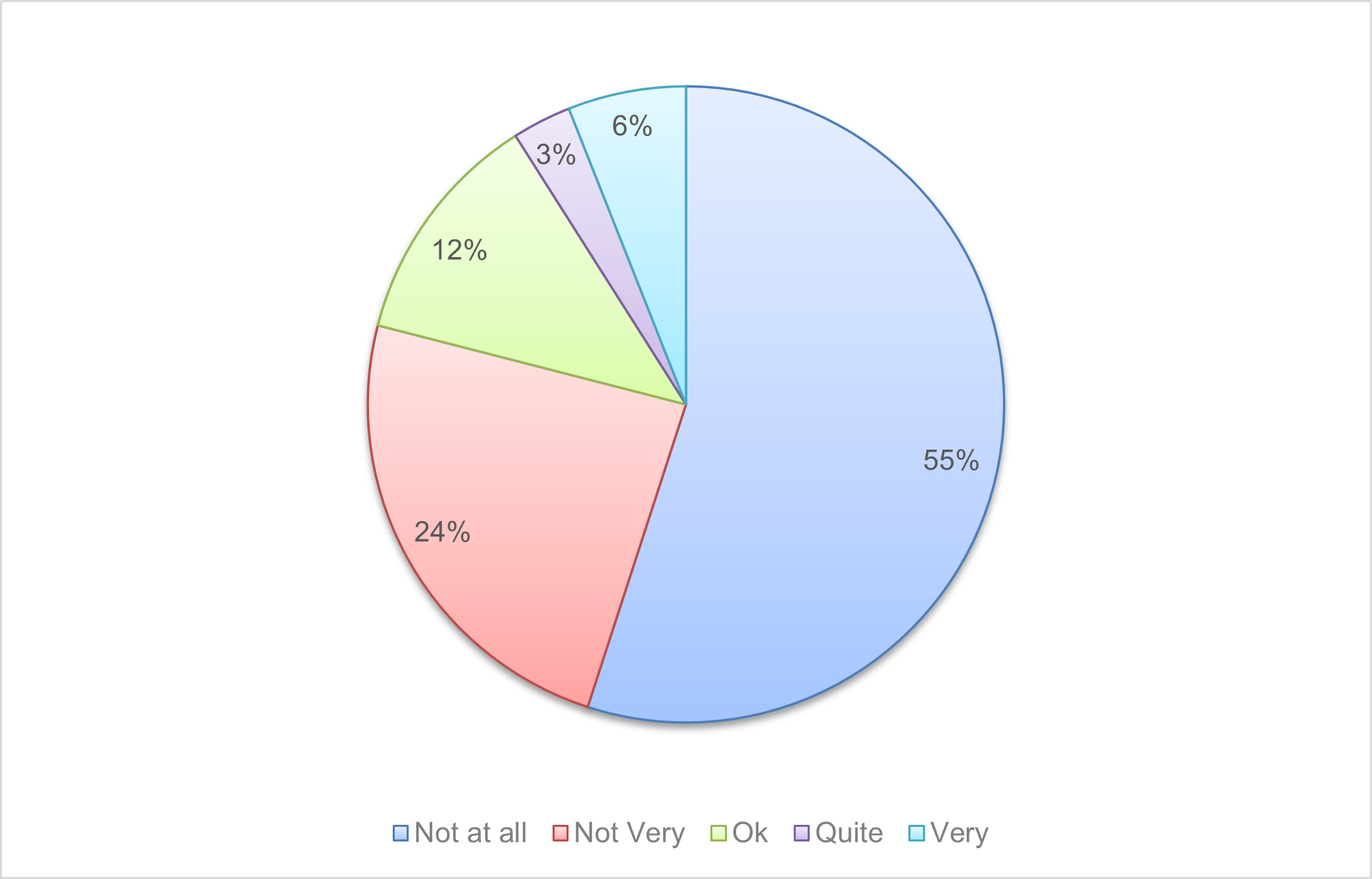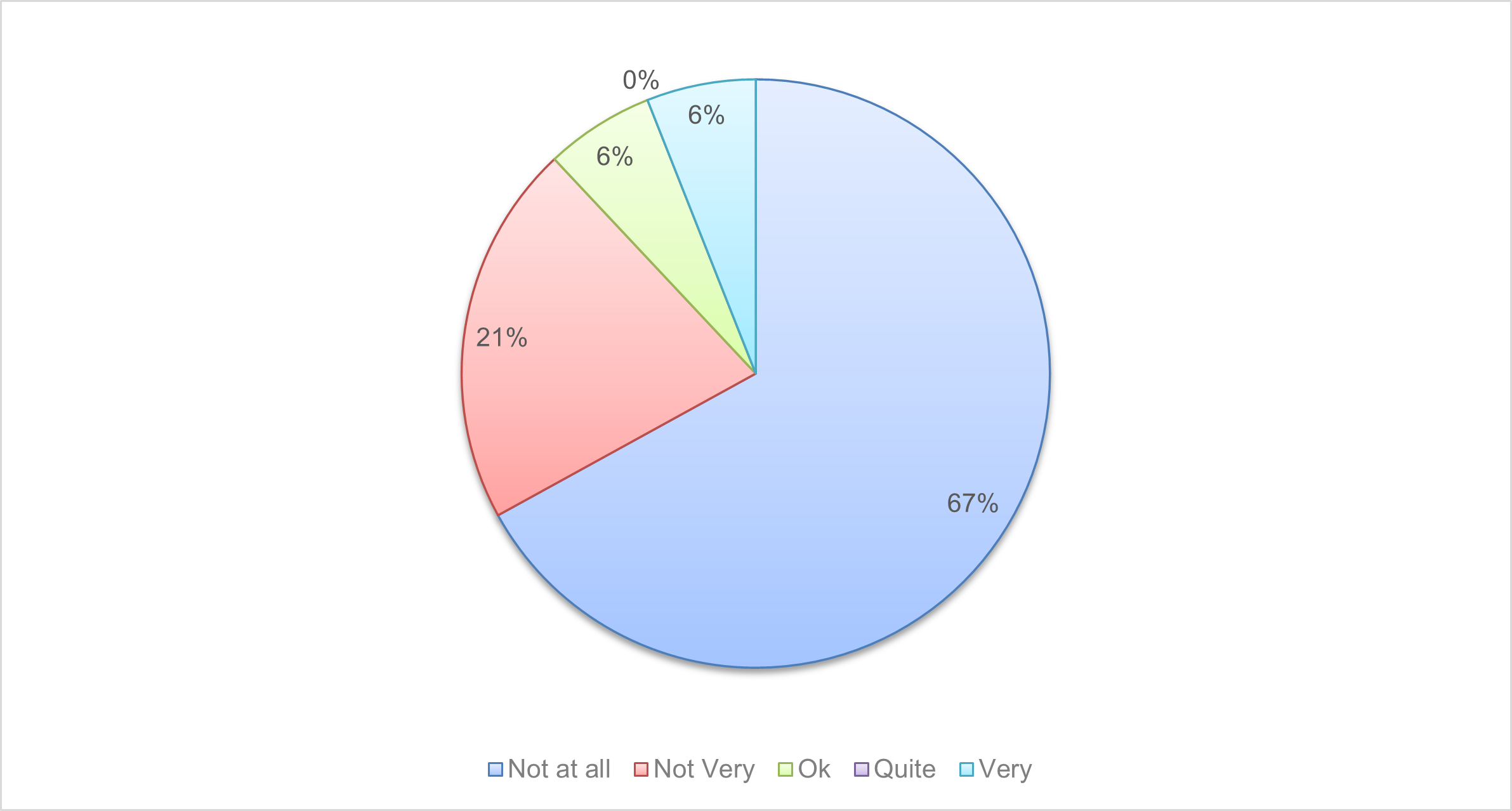Maes Derw Pupil Referral Unit – Self-evaluation Resource of Welsh
Adnodd: Self-Evaluating the Welsh Language
In 2020, Associates from the National Academy for Educational Leadership published a commission report which explored the question:
‘What is the role of educational leadership in realising the vision of a Wales of vibrant culture and thriving Welsh language?’.
This commission resulted in a series of recommendations to be considered at a national level. One was to ensure a clear, national framework for the development of the Welsh language within the education sector with consideration for the Welsh language within the Curriculum for Wales. Following this, the Self-Evaluation Resource was established in collaboration with Welsh Government, Regional Consortia, Estyn, Local Authorities and the National Academy for Educational Leadership. The resource is intended to encourage headteachers to consider the development of the Welsh language in their school and map out their provision for moving the Welsh language forward strategically and practically. It can be used by schools alongside the National Resource: Evaluation and Improvement (NR:EI). The resource is divided into three areas that align with the areas of the national resource; leadership, learning, teaching and curriculum and well-being, equity and inclusion.
Seven schools were involved in piloting this Self-Evaluation Resource and each school has chosen an area of focus in terms of the Welsh language and actively answered the questions as part of their school improvement process.
The role of the National Academy for Educational Leadership was to support the headteachers in the process of interpreting the questions whilst offering practical support and discussing what possible resources could be helpful in piloting the resource. A series of further questions were shared which ask the pilot schools to consider the value of the resource and to identify any strengths and drawbacks.
Following the pilot each school will have drafted a strategy aimed at promoting and developing the Welsh language. The National Academy for Educational Leadership and the schools have produced case studies to share good practice with other schools across Wales.
Maes Derw Pupil Referral Unit (PRU)
At Maes Derw, we create a safe and nurturing environment that develops independent, resilient and responsible citizens of the local and wider community. We ensure high expectations of learning and behaviour within an environment that engages learners through a rich and creative curriculum that is appropriate to their individual needs, recognises and values individual success and enables all learners to reach their individual goals. We provide a bespoke holistic package of support to every learner and their family to enable all learners to achieve personal success in their learning and to equip them with the skills that they need to succeed, both academically and socially in the future.
PRU Provision at Maes Derw PRU
Maes Derw is a local authority maintained PRU for pupils aged 5 to 16 years who are experiencing difficulties relating to social, emotional, behavioural, mental health and anxiety issues. In February 2021 the PRU was renamed Maes Derw and all centres moved onto one site in a brand-new, purpose-built building under a new staffing structure. In 2024 the Education Other Than School (EOTAS) service underwent a review of the model and service with key principles identified. A new staffing structure was implemented as of 1 September 2024 with long term changes to be developed with all stakeholders.
Currently the service is divided into two provisions based on the main barrier to learning for pupils.
Behavioural Emotional and Social Difficulties (BESD) or Social Emotional and Mental Health Needs, (SEMH) the provision is part of the recommendation made by the EOTAS panel. Current capacity: (subject to change through development of the new model)
- Social Emotional Behavioural Difficulties (SEBD) 5-16 years: total capacity: 118
- Social Emotional and Mental Health Needs (SEMH) 11-16 years: total capacity: 35
Of the pupils who attend, 100% have identified Additional Learning Needs (ALN); 9% of children are looked after and 65% are eligible for free school meals. Of the general cohort, 76% are boys compared to 24% girls. 3% of pupils are referred from Welsh-medium schools, but there is no pupil from Welsh-speaking families.
The Pilot – Context and what we are
- 158 learners from 5–16-year old
- All referred from mainstream schools across Swansea
- The intention is for learners in a PRU to reintegrate back into mainstream schools after a short period of intervention. There is a need to maintain consistency with their mainstream school curriculum
- 2 strands of provision: BESD and SEMH
Self-evaluation of Welsh Resource: Area of focus
Discussion question: how well does leadership support staff and use resources effectively?
- How well are the leaders ensuring that the school promotes Welsh and Welsh culture in a positive way for learners?
- How do we measure progress in Welsh and ensure that the school’s appraisal is a fair reflection of where the school is at?
During the restructure process it has helped us to focus on becoming a needs-led service to reorganise our staffing structure, allocation of resources and utilising expertise in the PRU and in mainstream schools by understanding the needs of pupils and what we must do to support them.
The resource provides a maze of supporting documents which are all extremely useful but continued to draw us off into different direction as we explored them further. Focussing on this one area helped us to investigate with more depth the resources on offer.
Useful links: Planning for developing Welsh language provision: mandatory element of Curriculum for Wales
We found the information below provided some poignant questions, particularly workforce development and the readiness of staff to develop pupil’s skills.
Workforce Development – Reflective questions
- To what extent and in what specific detail does the school understand the professional learning needs of the workforce?
- Is there a clear and accurate profile of the language skills of all school staff linked to the National Language Competency Framework? Is this reviewed annually for progress? Is this accurately reported annually via the annual Schools Workforce Annual Census?
- To what extent does the school make use of the Professional Standards in terms of the Welsh language, and are there discussions relating to the standards and dispositions during the performance management process?
- Does the School Development Plan include a clear commitment to developing the Welsh language and language methodology skills of the workforce?
- Are all staff members aware of opportunities to develop, improve, or maintain their Welsh language and methodology skills in line with the Professional Standards, e.g. professional learning opportunities, Welsh Government Sabbatical courses, asynchronous/synchronous provision offered by the National Centre for Learning Welsh.
- How is the EIG (Education Improvement Grant) utilized in support of planning for Welsh language provision and professional learning?
- To what extent is expertise utilized?
- Where there is one skilled Welsh language lead driving provision, how is progress in Welsh being developed across the school by all staff, regularly through teaching?
- Can a Welsh in a year group initiative in your school/cluster support professional learning?
- To what extent do secondary and cluster schools collaborate to consider and plan to address any specialist capacity issues: primary/secondary, cross-school GCSE and A Level Welsh provision arrangements?
- To what extent does the Welsh language coordinator/Welsh Head of Department attend regional networking opportunities?
From using this toolkit our key findings are that we don’t feel we currently explore or understand these well enough through our self-evaluation processes. The national language competency framework could be an excellent tool to assess staff and pupils to be able to provide clear data on baseline and progress of language at all levels. We do not have a Welsh language lead, this forms part of the Language, Literacy and Communication Area of Learning Experience. As a small provision it is a challenge to identify staff to take a lead on all areas needing focus. This is where joint working needs to take place across other regional PRUs and local mainstream schools.
Many pupils enter the PRU with reading ages significantly below their chronological age. They have large gaps in education and Additional Learning Needs that need to be supported. Prioritising their development of the English language has always been done. We need to develop ways to carefully support the progress of learner’s multi-lingual skills at the same time as supporting and prioritising their holistic and wellbeing needs.
Learners’ confidence
We currently have 5 pupils from Welsh speaking schools referred to the Pupil Referral Unit.
How confident are you to speak Welsh at school?

How confident are you to speak Welsh at home?

The perception of language, previous negative experiences and pupils coming from non-welsh speaking households all contributes to this feedback. Parental engagement in any interventions and strategies is key moving forward.
Only 68% of staff received their own statutory education in Wales. 30% of staff have never received any Welsh language lessons or tutorial. This feedback was positive and shows that we are not utilising the expertise that we already have. There is a perception and expectation amongst staff that it is just for fluent speakers or Welsh language teachers to drive this. We need to build confidence in staff much like pupils, and build create an ethos of ‘learning together’.
Actions for Development
- Support current and future self-evaluation process.
- Opportunities for staff development by sharing expertise in and outside of the PRU.
- Pupil and family commitment and perceptions to break down barriers
- Swansea Schools aligned direction and shared strategies. Pupils need to remain part of the community and parents continuing to access school support.
- Further workshops/development with implementation in PRU and Special Schools and sharing of ideas.
